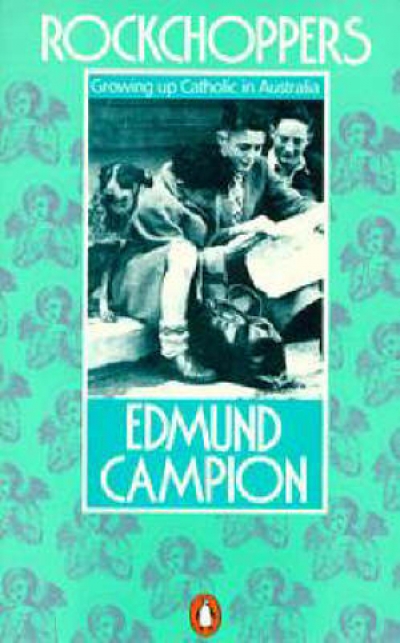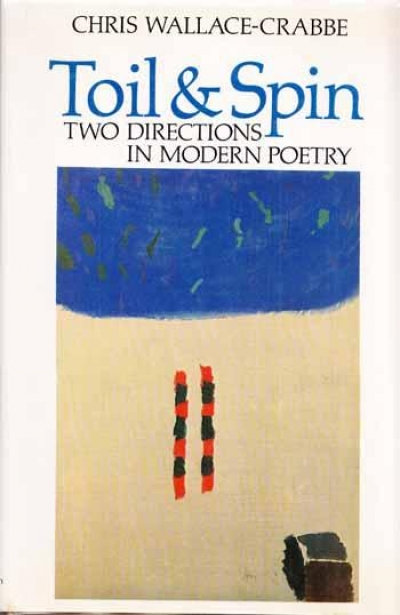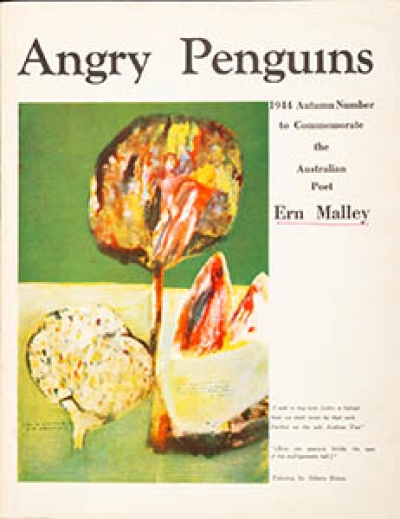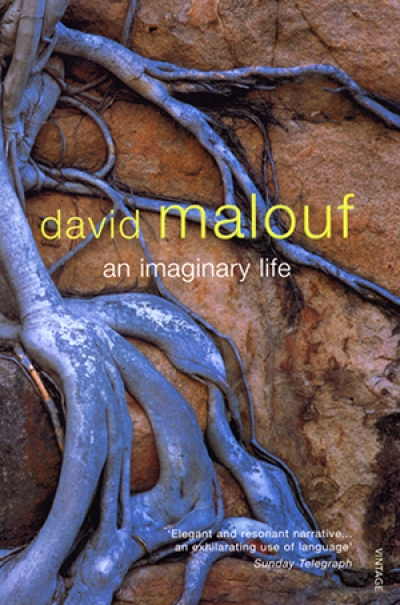John McLaren
Rock Choppers: Growing up Catholic in Australia by Edmund Campion
by John McLaren •
Toil and Spin: Two directions in modern poetry by Chris Wallace-Crabbe
by John McLaren •
Angry Penguins edited by Max Harris and John Reed & Poetic Gems by Max Harris
by John McLaren •
Although the policy of the Australian Book Review is to review only Australian books, every now and then a publisher sends us a book which is so important or so relevant to issues of current concern that it cannot be ignored. Recent debate in Australian newspapers makes The Holocaust in Historical Perspective, by Yehuda Bauer (published in Australia by ANU Press), such a book.
The book consists of four lectures originally delivered in Seattle, and concerned with the question of why the Holocaust is the central experience of our civilisation, and of how it was allowed to occur.
... (read more)The Australian Encyclopedia: Third Edition by Grolier Society of Australia
by John McLaren •




